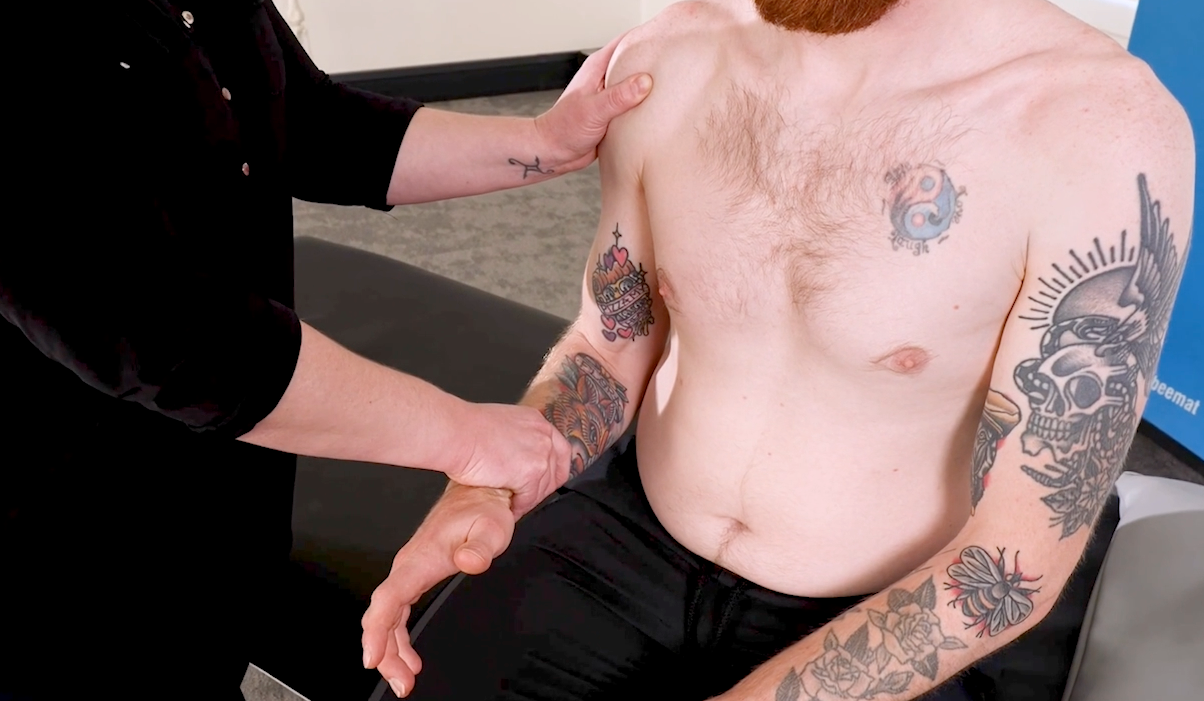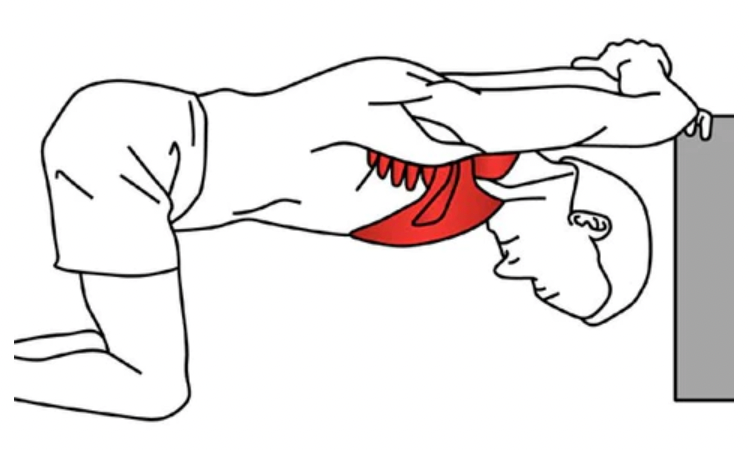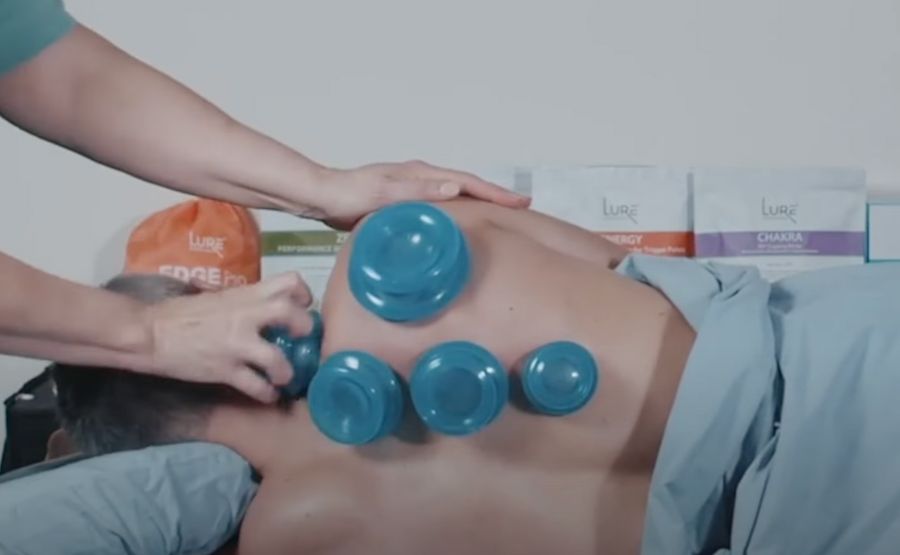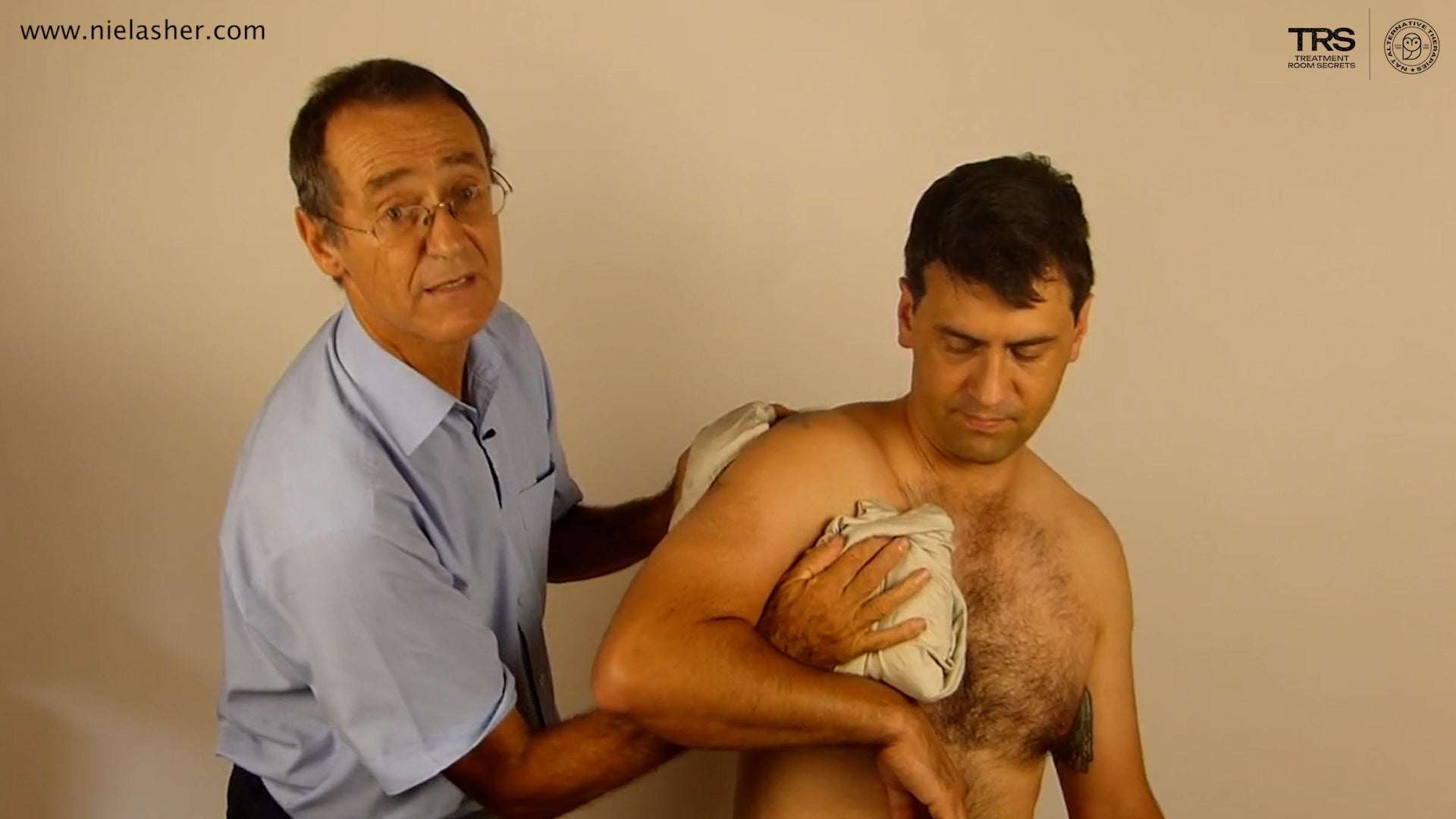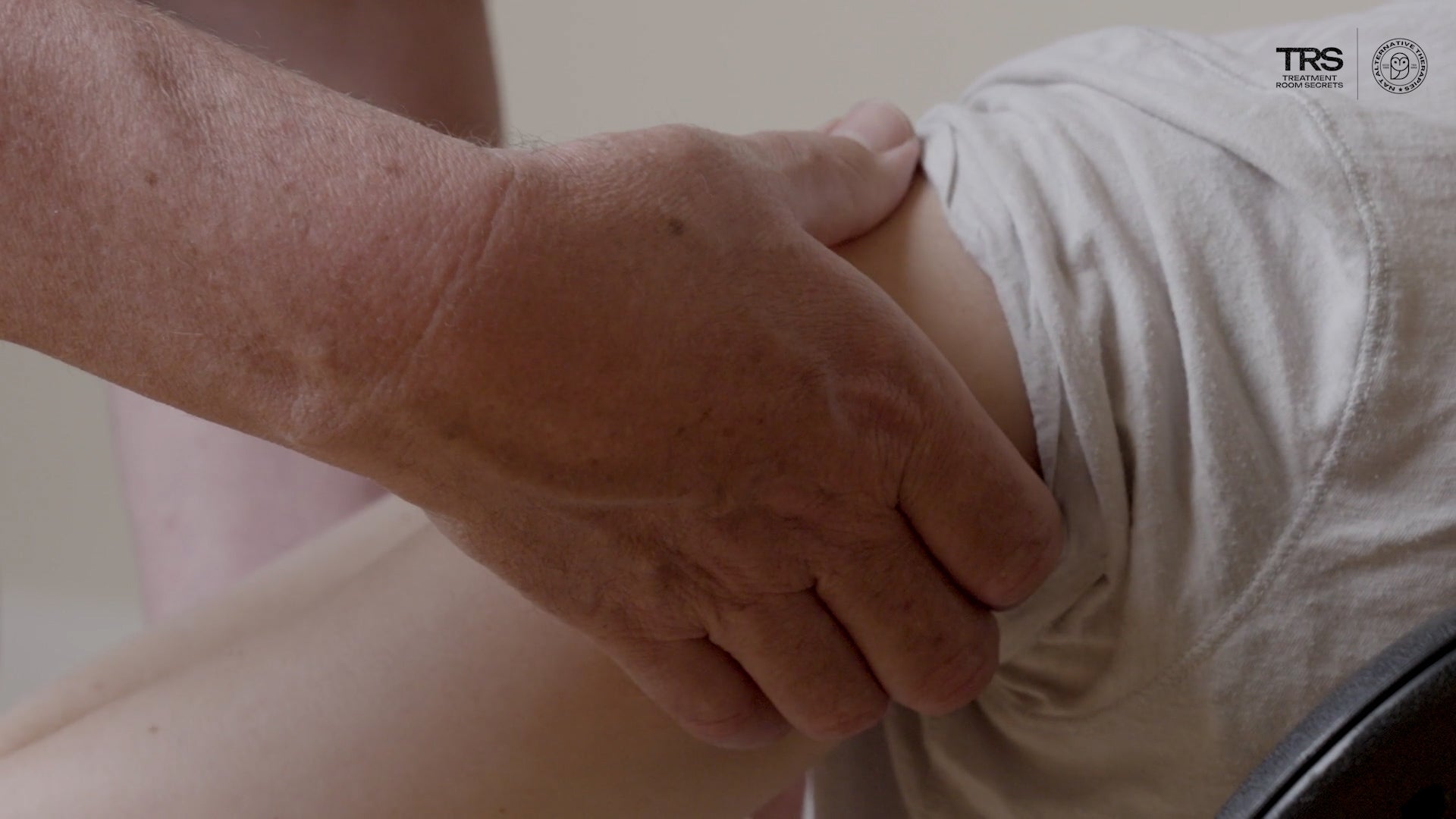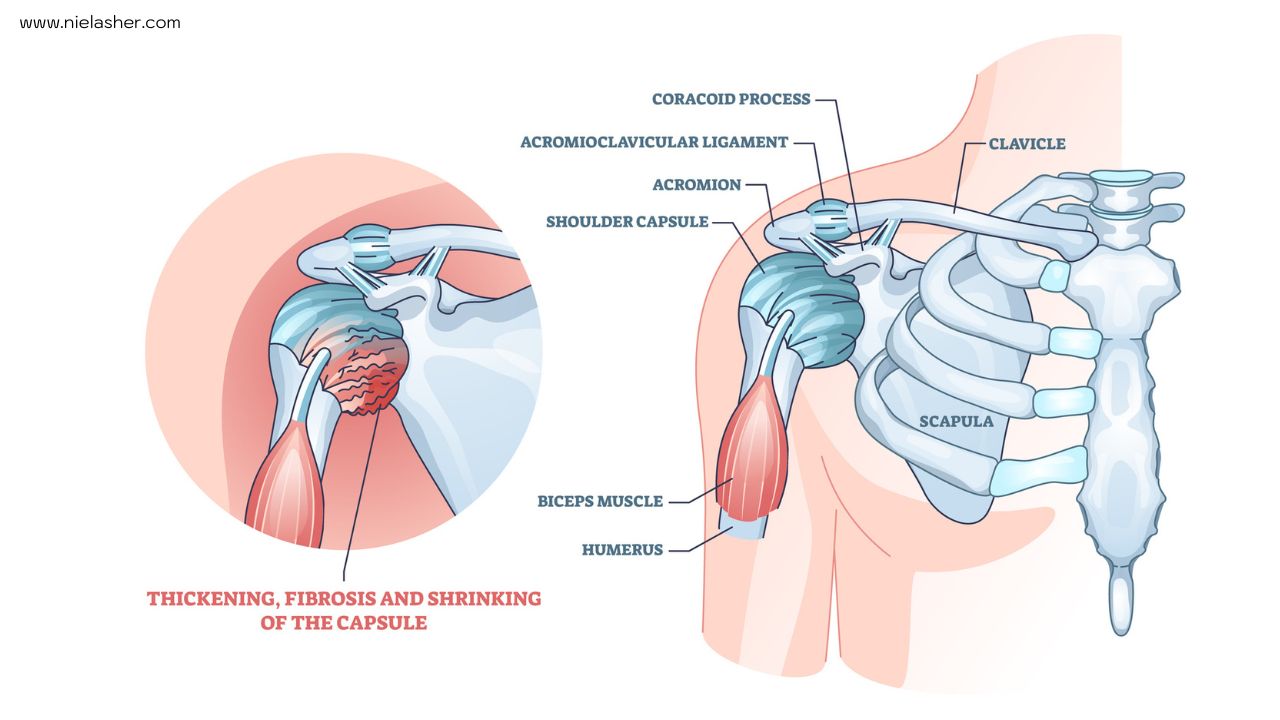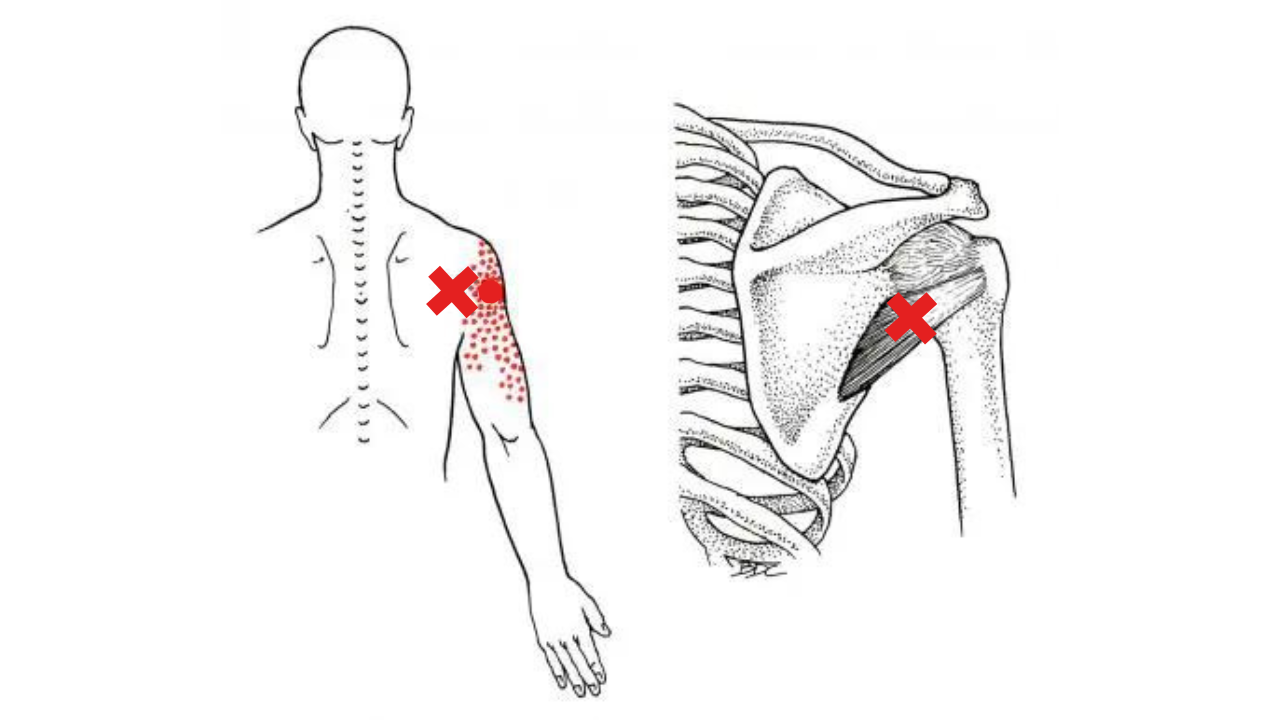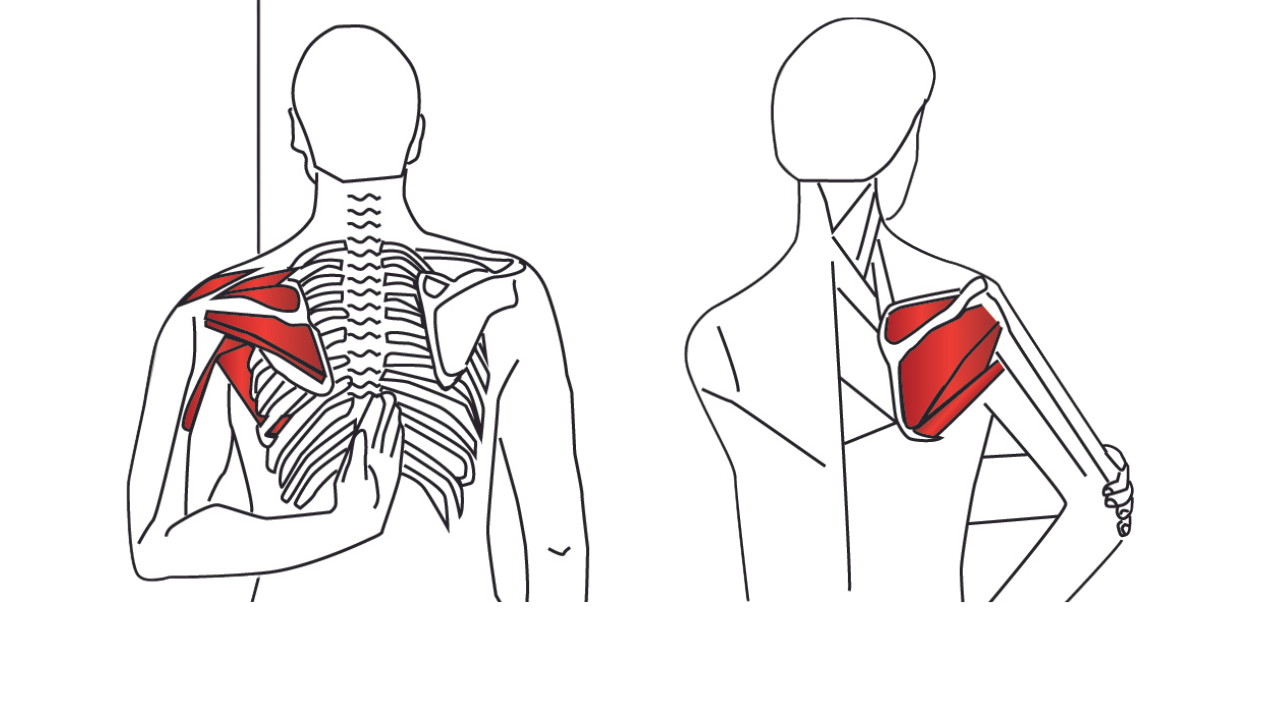💡Use the filter to search by topic
Filter
All
Abdomen
Abdominal Massage
Abdominal Muscle Strain
About Trigger Points
Achilles Tendinitis
achilles Tendinopathy
Achilles Tendon
ACL
Active Isolated Stretching
Acupuncture
Adductor Brevis
Adductor Longus
Adductor Magnus
Adductor Pollicis
Adductor Strain
Adductors
Adhesive Capsulitis
AINS
Alexander Technique
Alternative Therapy
Anatomy Trains
Ankle
Ankle Sprains
Anxiety
Arthritis
Athletic Trainer
Athletic Training
Autonomic Nervous System
Awards
Back
Back pain
Biceps Brachii
Biceps Femoris
Biomechanics
Bob McAtee
Bodywork Therapy
Bowen
Bowen Therapy
Brachialis
Brachioradialis
Breathing
Breathing Exercises
Bruxism
Bulging Disc
Calcific Tendonitis
Calf
Calf Cramp
Canine
Cannabis
Career Development
Carpal Tunnel Syndrome
CBD
CE Course
Cerebral Palsy
Cervical Spondylosis
Cervicogenic Dizziness
CEUs for Massage
Climber's Elbow
Clinical Assessment
Clinical Reasoning
Coccydynia
Coccyx
Cold Therapy
Constipation
Continued Education
continuing education
Continuing Education for Massage Therapists
Continuing Professional Education
Coracobrachialis
Core Muscles
Cranial Sacral Therapy
cranio-sacral Therapy
Craniosacral Therapy
CRPS
Cryotherapy
CST
Cubital Tunnel Syndrome
Cupping
Cycling
Dani Marks
Deep Foot Flexors
Deep Front Line
Deep Neck Flexors
Degenerative Disc Disease
Deltoid
Diabetes
Diaphragm
Digastricus
Dislocation of the Shoulder
Dizziness
Dogs
Doula
Dr Joi
Drop Wrist
Dry Needling
Dupuytren’s Contracture
Elbow
Epicranius Muscles
Epley Manouver
Equine
Equine Acupressure
Equine Massage
Erector Spinae
ethics
Evidence
Exercise Band
External Oblique
Eye
Eye Health
FAI
Feet
Fibromyalgia
Fibularis
Fire Cupping
Flexor Carpi Radialis
Foam Roller
Foot Drop
Foot Intrinsics
Foot Massage
Foot Pain
Football
Frontalis
Frozen Shoulder
Fusion Massage
Gastrocnemius
Glutes
Gluteus Maximus
Gluteus Medius
Gluteus Minimus
Gluteus Muscles
Golfer's Elbow
Gracilis
Groin
Groin Strain
Gua Sha
Habituation
Hamstring Muscles
Hamstring Strains
Hamstrings
Hand & Fingers
Hatha Yoga
Head and Neck
Head Massage
Headache
Headaches
Heart
Heat Therapy
Heel Pain
Herniated Disc
Hip
Hip and Thigh
Hip Exercises
Hip Extensors
Hip Flexors
Hip Pain
Hips
Horizontal Pulling
Horse
Horse Massage
Horse Stretching
Horses
Hypertonic Muscles
IASTM
Ice Therapy
Iliopsoas
Iliotibial band
Iliotibial Band Syndrome
Immunology
IMS
Infraspinatus
Intercostals
Intrinsic Foot Muscles
Irritable Bowel Syndrome
Ischemic Compression Technique
Isometric Exercise
ITB
ITBS
Jaw Pain
Joint Mobilization
Kinesio Taping
Knee
Knee Pain
Laser Therapy
Lateral Elbow Pain
Lateral Pterygoid
Latissimus Dorsi
latissumus
Leg
Leg Cramp
Levator Ani Syndrome
Levator Scapulae
Longus Capitis
Longus Colli
Low Back pain
Lumbar Back Pain
Lumbar Pain
Lymphatic Drainage
Lymphatic Flow
Lymphatic System
Manual Lymphatic Drainage
Marijuana
Massage
Massage Cupping
Massage Specialisation
Massage Therapist Appreciation Week
Massage Therapy
Massage Tutorial
Masseter
Medial Tibial Stress Syndrome
Median Nerve
Medical Acupuncture
Medical Marijuana
Medical Massage
MFR
Migraine
MLD
mtss
Multifidus
Muscle cramp
Muscle Energy Techniques
Muscular Dystrophy
Myofascial Release
NCBTMB CEUs
Neck
Neck Massage
Neck Pain
Neck Stiffness
Neck Stretch
Nerve Entrapment Syndromes
Nerve Flossing
Neural Dynamic Testing
Neuromuscular Techniques
Neuropathic Lymphatic Treatment
Neuroplastic Trigger Point Hypothesis
Neuroplaticity
Neuroscience
Niel Asher Technique
Night Cramp
Nutrition
OA Thumb
Obliques
Occipitalis
Oncology Massage
Orbicularis Oculi
Osteopathy
Osteoporosis
Overuse and Overload Injuries
Palmaris Longus
Paradoxical Breathing
Patella
Patellar Ligament
Pectineus
Pectoralis Major
Pectoralis Minor
Pectoralis Muscles
Peloton
Pelvic Floor
Pelvic Pain
pelvis
Penn state
Peripheral Nerve Entrapments
Peroneal Muscles
Peroneal Tendonitis
Peroneals
PFPS
Pickleball
Pilates
Pilates Principles
Piriformis
Piriformis Syndrome
Pitcher's Elbow
Plantar Fascia
Plantar Fasciitis
Plantar flexion
Plantaris
Plantart Fasciitis
Podcast
Popliteus
Post Operative Rehab
Posterior Deltoid
Posture
Pregnancy
Pregnancy Massage
Prenatal
Prenatal Massage
Pressure Tools
Preventing Trigger Points
Professional Ethics
Prolapsed Disc
Pronator Teres
Psoas
Public Health
QL
Quadratus Femoris
Quadratus Lumborum
Quadriceps
Quads
Radial Nerve Palsy
Raynaud’s Syndrome
Rectus Abdominis
Rectus Femoris
Red Light Therapy
Rehabilitation
Resistance Training
Rhomboids
Rotator Cuff
Rotator Cuff Injuries
Rotator Cuff Muscles
Rotatores
RSD
Runner's Knee
Running
Running Injuries
Running Strategies
Sacroiliac Joint
Sacrum
Sartorius
Scalenes
Scalp
Scapula
Scarring
Sciatic Pain
Sciatica
SCM
SCM Muscle
Scraping
Self Help
self massage
Self-Care for Therapists
Semimembranosus
Semitendinosus
Serratus Anterior
Serratus Posterior Inferior
Serratus Posterior Superior
Shin
Shin Splints
Shoulder
Shoulder and Upper Arm
Shoulder Bursitis
Shoulder Exercises
Shoulder Health
Shoulder Impingement
Shoulder Pain
Sinus Drainage
Sinuses
Sinusitis
Sitting Pain
Skin Care
Slipped Disc
Slump Test
Snapping Hip Syndrome
Soccer
Soft Tissue Release
Soleus
Somatic Therapy
Special tests
Spinal Health
Spinning
Splenius Capitis
Splenius Cervicis
Spondylolisthesis
Sports Massage
Sports Massage Therapy
Spray & Stretch
Sternalis
Sternocleidomastoid
Strengthening
Stretch
Stretching
Subacromial Impingement
Suboccipitals
Subscapularis
Substance abuse
Super Trigger Points
Supinator
Supraspinatus
Taping
Tarsal Tunnel Syndrome
TCM
Tech Neck
Temporalis
Tennis Elbow
Tension Headache
Tensor Fasciae Latae (TFL)
Teres Major
Teres Minor
TFL
Thenar Eminence
Therapeutic Hair Pulling
Thomas Bowen
Thomas Test
Thoracic Mobility
Thoracic Outlet Syndrome
Thoracic Spine
Thoracic Spondylosis
Thoracolumbar
Thumb Pain
Tibialis Anterior
Tibialis Posterior
Tight Hips
TMJ
TMJD
Traditional Chinese Medicine
Transversus Abdominis
Trapezius
Trendelenburg Sign
Trendelenburg Test
Triceps
Triceps Brachii
Trigger Point Classification
Trigger Point Dry Needling
Trigger Point Evidence
Trigger Point Release
Trigger Point Therapy
Trigger Points
Trigger Points for Horses
Trochanteric Bursitis
Trunk and Spine
Upper Trapezius
Vacuum Cupping
Vagus Nerve
Vastus Intermedius
Vastus Lateralis
Vastus Medialis
Vertigo
Vestibular Exercises
Vestibular Rehabilitation
VRT
Whiplash
Winged Scapula
Women's Health
Wrist
Wrist Drop
Wrist Extensors
Wrist Flexors
Yoga
Yoga for Beginners
Yoga Instruction
Yoga Stretch
Shoulder Injury Rehabilitation: Why It’s Complicated, How to Approach It, and What Really Works
Shoulder rehabilitation is one of those areas in clinical practice where experience teaches you humility. No matter how well you think you understand the injury in front of you, no...
November 26, 2025
Shoulder Special Tests: A Practical Guide for Manual Therapists
Special Tests: Clues, Not Conclusions There are few joints as fascinating, frustrating, and wonderfully unpredictable as the shoulder. If you’ve treated enough of them, you already know: every shoulder tells...
November 12, 2025
Movement and Rehabilitation - 5 Great Shoulder Stretches
Know your shoulder anatomy! Simple Shoulder Stretches Here are 5 other shoulder stretches that we regularly recommend ... 1. Great for trigger points in the "Pecs"! Technique Kneel...
May 06, 2025
Static Cupping for Frozen Shoulder: Safe, Simple, and Surprisingly Effective
Cupping Therapy for Frozen Shoulder: A Gentle Yet Effective Approach Frozen shoulder, or adhesive capsulitis, can be a deeply frustrating and debilitating condition—not only for those living with it, but...
April 16, 2025
Top 10 Exercises for a Frozen Shoulder
10 Best Exercises for a Frozen Shoulder: Reclaiming Movement and Easing Pain A frozen shoulder. The name itself evokes a sense of stiffness and immobility, and that's precisely what this...
February 18, 2025
Subscapularis Muscle and Trigger Points: A Deep Dive into Shoulder Pain and Relief
How Trigger Points in the Subscapularis Cause Pain and Restricted Movement If you’ve ever dealt with shoulder pain that just won’t quit, you might have been told about your rotator...
October 16, 2024
Bowen Therapy for Common Shoulder Conditions: An Informal Guide for Massage and Rehab Therapists
Hello, everyone! Let’s talk about something a bit different today—Bowen Therapy—and how it can be used to address common shoulder conditions. Now, I know Bowen Therapy isn’t as widely known...
October 15, 2024
Massage Therapy for Frozen Shoulder
Frozen shoulder, also known as adhesive capsulitis, is a condition characterized by stiffness, pain, and limited range of motion in the shoulder joint. It can significantly impact daily activities, making...
October 12, 2024
Understanding the Teres Minor Muscle: Anatomy, Trigger Points, and Trigger Point Therapy
The human shoulder is a complex and highly mobile joint that relies on the coordinated function of various muscles. Among the key players in this system is the teres minor,...
August 22, 2024
The Power of Isometric Exercises: Here's our Guide
Isometric exercises are a unique and often overlooked component of strength training and rehabilitation Unlike dynamic exercises, where muscles lengthen and shorten, isometric exercises involve muscle contraction without any visible...
August 15, 2024
Rotator Cuff Muscles and the Importance of Healthy Shoulders
When we think of sports that require strong, healthy shoulders, activities like swimming, tennis, and baseball often come to mind. However, maintaining shoulder health is crucial for all athletes, regardless...
June 18, 2024
Understanding and Addressing Tightness in the Supraspinatus Muscle
Experiencing tightness in the supraspinatus muscle can be quite uncomfortable and may limit your daily activities This muscle, part of the rotator cuff group, is crucial for shoulder movement and...
June 14, 2024
Invalid Password


